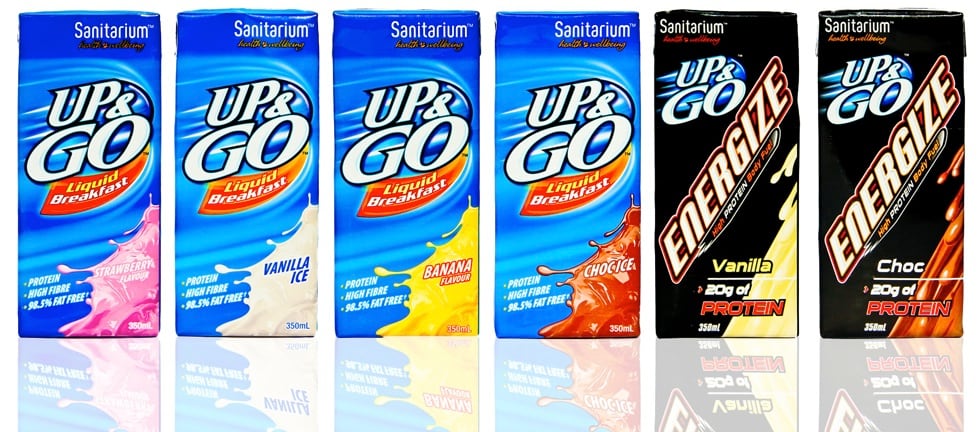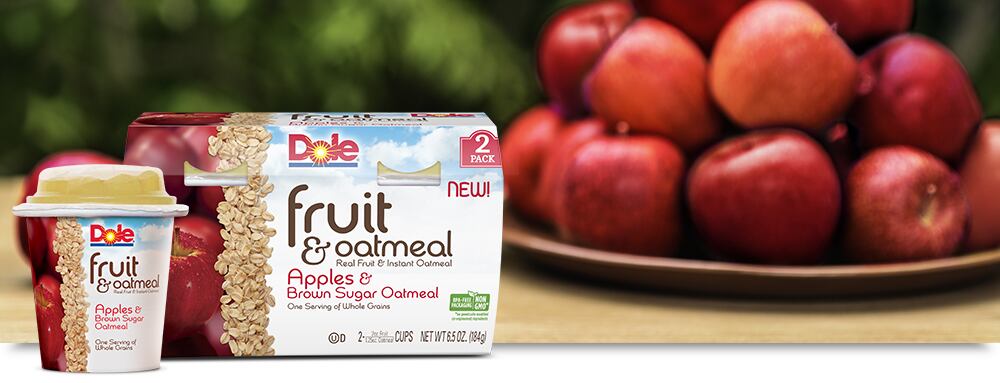Sales of breakfast cereals in developed markets have been trending downward over the past decade and US sales fell 5% in the year to October 2014, according to Nielsen IRI data. This drop, cited in New Nutrition Business’ market report The Snackification of Breakfast, still saw $300m (€240m) made in sales, but $70m (€55.9m) went to one brand – Belvita.
Did Belvita biscuits kill breakfast cereal?
Julian Mellentin, healthy foods consultant and director of New Nutrition Business, said Belvita biscuits had disrupted the global breakfast category.
“The trend of eating breakfast away from home has been around for 20 years. Companies have been aware of it, but with the sole exception of Sanitarium in Australia, there has been no response to it. All that Mondelez did was respond to the trend,” he told BakeryandSnacks.com.
Along with Belvita, Up & Go liquid breakfast by Australian firm Sanitarium and Oat So Simple pots by Quaker had also shaken the market, he said.
“These are three examples of genuine disruptive innovations that have changed the market but now those innovations are accelerating the trend and you see that in the plunge of breakfast cereals in high consumption markets like the US and UK.”
“…One thing I would not like to be now is a senior executive in a traditional cereal company – that would be the least desirable job in the industry over the next five years.”

Cereal will have to tough it out…
Mellentin said traditional cereal majors would have to face rising pressure from shareholders that wanted a quick business turnaround – wins that were never going to happen that fast.
“In this industry, things don’t change very quickly. Even Belvita wasn’t a quick success because breakfast biscuits have been marketed since 1953 and Belvita got going in Europe around 12 years ago.”
The traditional breakfast cereal category would continue to decline over the next five years, he said, and ultimately shift to a being a less significant category in number terms.
“I’d be prepared to stick my neck out and say that in 15-20 years you could even imagine a situation where traditional cereal brands are actually a large niche business, rather than a mega business.”
He said consumers were increasingly time-pressed and looking for quick and convenient breakfast options and this was true across the globe.
A majority of urban consumers in Asia Pacific (66%), for example, ate breakfast away from home on three or more occasions per week, according to survey conducted by New Nutrition Business.
Even fruit majors are competing

The toughest part for cereal firms would be to remain appealing in a world of new breakfast options, Mellentin said.
Fruit major Dole, for example, had even launched a fruit and instant oatmeal pot, he said. “Because breakfast is such a big opportunity, lots of companies are looking to see how they can position themselves. A huge fruit company like Dole getting involved in the category would have been unthinkable five years ago.”
Anything and everything could be breakfast cereal competition now, he said, but short-term the focus would likely stick to healthier grain alternatives.
Oats were likely leading the way right now because of the secure supply and cost-effective nature of the grain, he said, but the oat trend would continue along with increased use of ancient grains like chia, he said.
